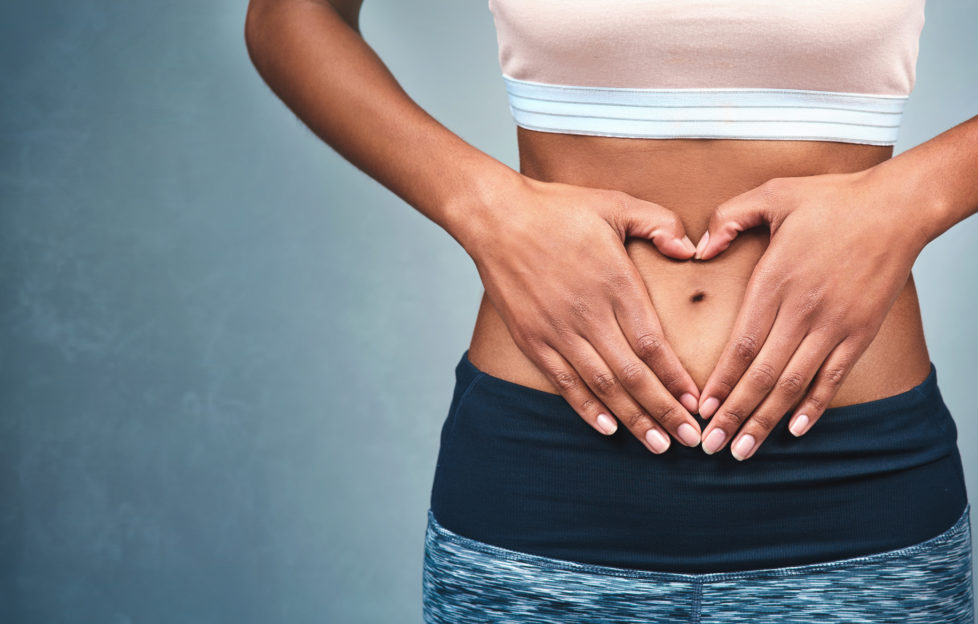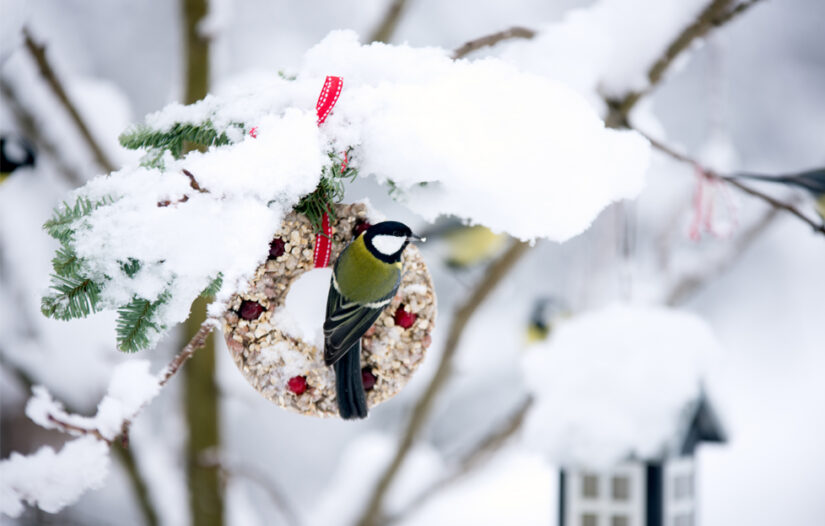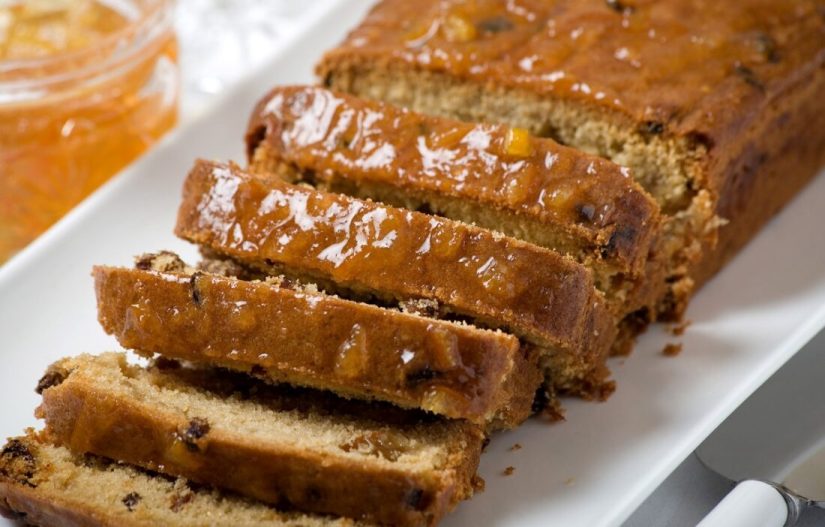
What is “Love Your Gut Week” all about?
Well, our bodies are like finely-tuned machines. And, just like any machine, we need to know how to keep it running in tip-top condition.
While exercise is important, so too is the food we eat — and the proportions in which we eat it.
We all know to aim for at least five portions of fruit and veg per day. But less is known about gut health.
Here, dietitian Jo Travers shares some helpful advice and tips:

Jo Travers. Picture courtesy of “Love Your Gut”.
“The gut has been found to do a lot more than just digest the food we eat,” Jo says.
“It contains 150 million nerve cells. It is home to trillions of bacteria which play a vital role in providing essential nutrients, tuning the immune system and even altering the function of the brain and other distant parts of the body.
“The health of our gut has an impact on not only our digestion but also inflammation. It can also affect our immune system, and can even affect our weight.
“However, with a little looking after, it will definitely look after you.”
Eat a varied diet
Your gut is home to a range of helpful bacteria that help train our immune system, digest food and even affect our genes.
To keep them thriving, you need to feed them well. Fibre-based foods are perfect for this, so eat plenty of plant foods like vegetables, beans and whole grains.
Manage stress
Stress — physical or psychological — triggers a train reaction in the body, including the production of the stress hormone cortisol.
This can cause dysregulation of the communication pathways between the gut and the brain, known as the gut-brain axis.
This dysregulation can mean changes to blood flow and secretions in the gut, which can create better conditions for pathological bacteria and inhibit the growth of some helpful bacteria.
Eat fermented foods
Traditional fermentation of foods like yoghurt and kimchi grows lactic acid bacteria, which colonise the gut when eaten and may have a positive effect on metabolism.
Introducing bacteria to your gut through fermented foods can also support the bacteria that are already living there.
Avoid unnecessary antibiotics
Antibiotics kills infection-causing bacteria, but they also kill all the other bacteria in your body — including the beneficial ones in your gut.
This can increase susceptibility to infections and decrease the diversity of bacteria in the gut, which can lead to changes in gene expression and metabolism.
While this is definitely a risk worth taking if you have a bacterial infection, treating a virus like the common cold with antibiotics won’t make you better, and will kill your helpful bacteria.
Keep hydrated
For food to move through the digestion system and bowels, it needs to be lubricated well.
This simply means drinking enough water. Aim for around 2 litres of water every day.
Eat prebiotics
Prebiotics are fibres often found in plant foods that we can’t digest, but the bacteria in our gut can.
In fact, gut bacteria feed on prebiotics and digest them for us.
Our gut health has been shown to benefit from this in several ways, such as reducing inflammation in the gut, having a protective anti-cancer effect and influencing the absorption of nutrients.
For more on “Love Your Gut Week”, click here.
Keep abreast of all the latest health news each week in “The People’s Friend”, or see our health pages here.




